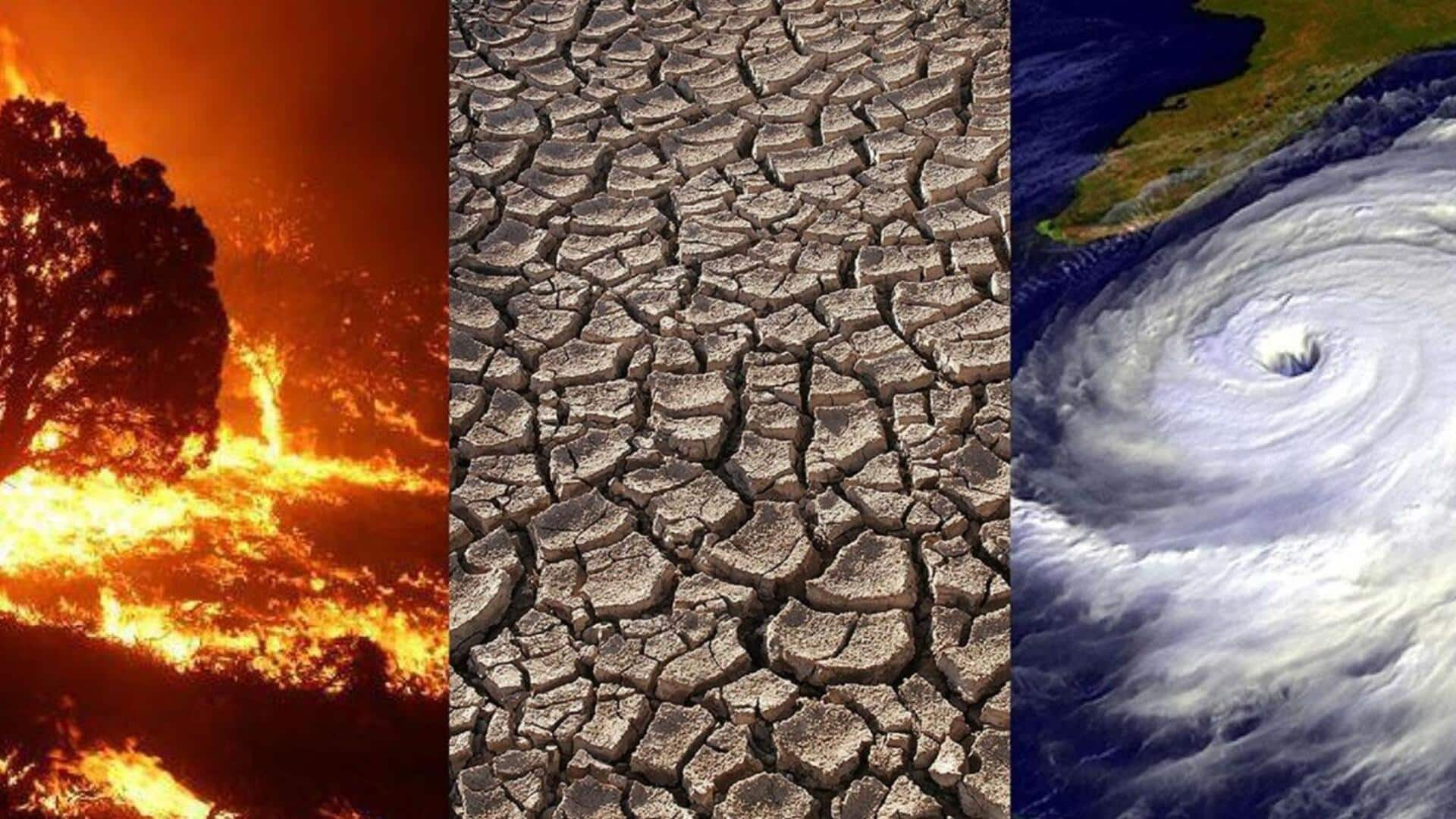Study: Climate Change Added 41 Days of 'Dangerous' Heat in 2024

The Spin
Narrative A
The devastating impacts of climate change driven by fossil fuel usage have become painfully clear as communities worldwide suffer from floods, hurricanes, droughts, and extreme heat. The world must immediately transition away from fossil fuels to prevent further catastrophic consequences. Early warning systems and better death reporting are crucial for raising awareness about these deadly extreme events.
Narrative B
While El Niño conditions partially influenced 2024's extreme weather, the primary driver was human-induced climate change. Despite the severity of current impacts, it's not too late to limit the damage by implementing adaptation measures and protecting vulnerable communities through international financial support and improved resilience strategies.
Metaculus Prediction
There's a 20% chance that before 2100, there will be a 5-year period with an average global temperature >3.6˚C warmer than the 1861–1880 baseline, according to the Metaculus prediction community.







